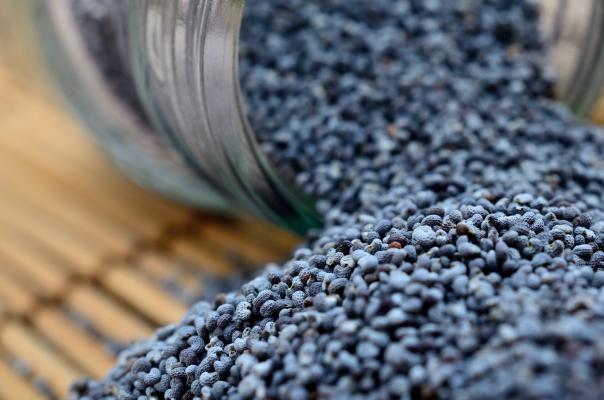
The latest opinion also broadens the evidence that should be considered when calculating the possible risk to consumers.
EFSA’s previous assessment, published in 2011, set a safe level based on the morphine content of poppy seeds.
The European Commission asked EFSA to update the opinion, taking into account new data on the alkaloid content of poppy seeds submitted to EFSA since 2011.
The new opinion confirms the level that is safe, but also takes codeine content into account when calculating dietary exposure.
New data shows that in some poppy seed samples on the European market, the concentration of codeine can be higher than that of morphine.
The safe level may be exceeded by consumers of large amounts of seeds, or of foods containing unprocessed poppy seeds.
Due to the low amount of occurrence data on food products containing poppy seeds, EFSA’s Panel on Contaminants in the Food Chain (PCFC) has highlighted uncertainties.
The panel also notes that food processing steps, such as washing, heat treatment and grinding, may reduce the alkaloid content in poppy seeds by 25 to 100%.
The assessment also considered data on other alkaloids present in poppy seeds, including alkaloid opiate thebaine.
No full risk assessment could be carried out for these substances, but the EFSA panel indicated that dietary exposure to thebaine might pose a health risk.
More data, particularly on the toxicity of thebaine, is needed to clarify this.